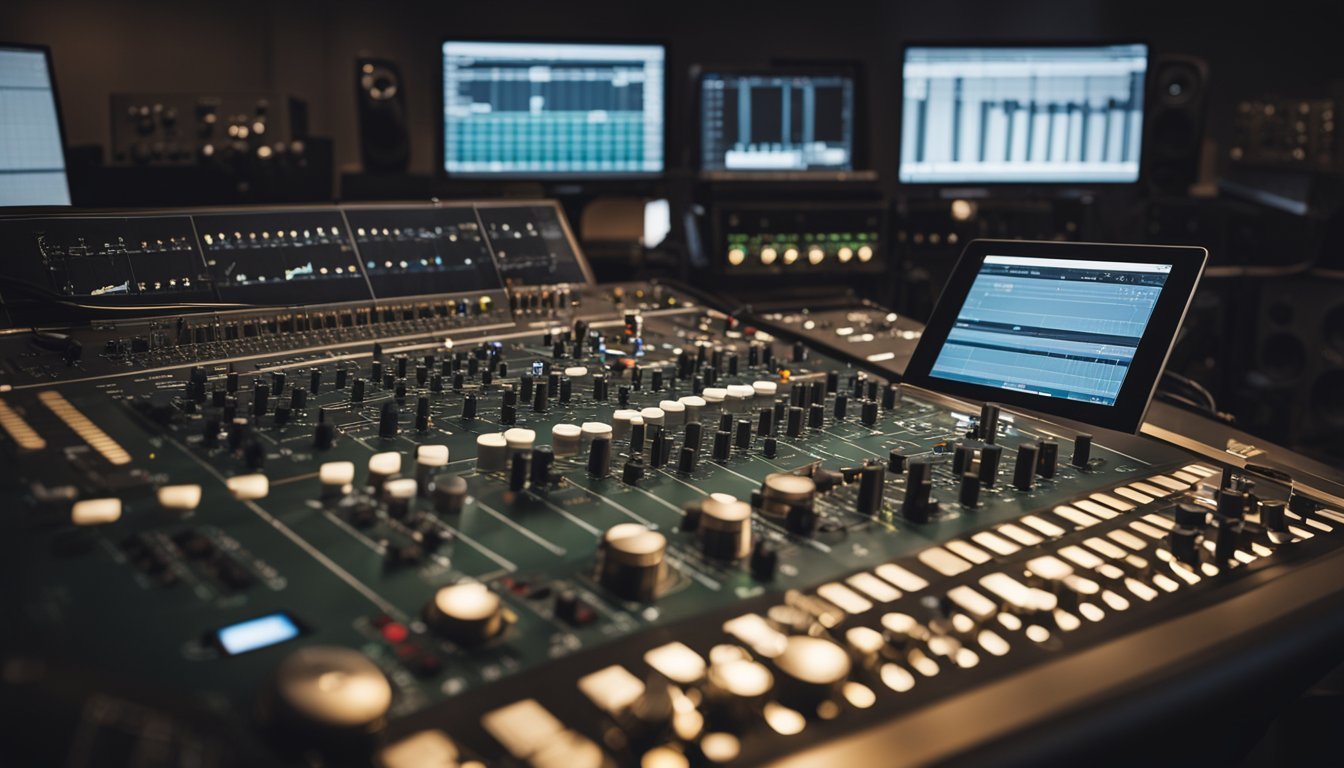Are you wondering if buying new equipment at the end of the year is a smart financial move? Let’s dive into that topic!
Navigating Tax Jargon
Navigating tax jargon—like “deductibles” and “write-offs”—can be tricky.
For dedicated musicians or enthusiastic part-timers grappling with their financial situations, tax complexities can feel daunting.
Fortunately, Rick Beato is dedicated to clarifying these concepts! In an insightful video, he teams up with his experienced accountants, Alan Friedman and Evan Kalish, to break down everything you need to know about the tax landscape for musicians.
What Can Musicians Deduct?
They kick off the conversation with a crucial question: what can musicians actually deduct on their taxes? The answer is straightforward: any expense that helps you earn income in your craft can qualify for a deduction.
For musicians, this includes costs associated with gear purchases, travel for gigs, recording sessions, and platforms like iTunes or Spotify, as well as expenses for software subscriptions—assuming they’re directly tied to your music career.
Kalish, who is also an accomplished drummer, points out that using editing plugins, like Beato does for his YouTube content, counts as a deductible expense since it plays a role in generating income.
Another idea they tackle is the misconception that investing in new gear just before the fiscal year’s end is always an effective way to reduce tax burdens.
While this can be advantageous, it’s crucial to understand that this tactic might lead to higher overall spending.
To illustrate this, the accountants provide a simple example.
If a musician pulls in $200,000 in a year but also incurs $50,000 in valid business expenses, the result is a taxable income of $150,000.
This typically translates to an approximate tax liability of $50,000 after taking federal, state, and self-employment taxes into account.
You might think that increasing expenses by an additional $50,000 for equipment would significantly lower your tax obligation.
Yes, it reduces taxable income to $100,000 and dims the tax bill to about $35,000—yielding a “savings” of $15,000.
But here’s the key point: the musician has still laid out $50,000 to achieve that reduction.
The Importance of Record-Keeping
Throughout their chat, Rick and his financial team stress the importance of detailed record-keeping.
Keeping meticulous records can ease the burden during tax time.
Want to learn more? Check out the full video below for a wealth of valuable insights!

